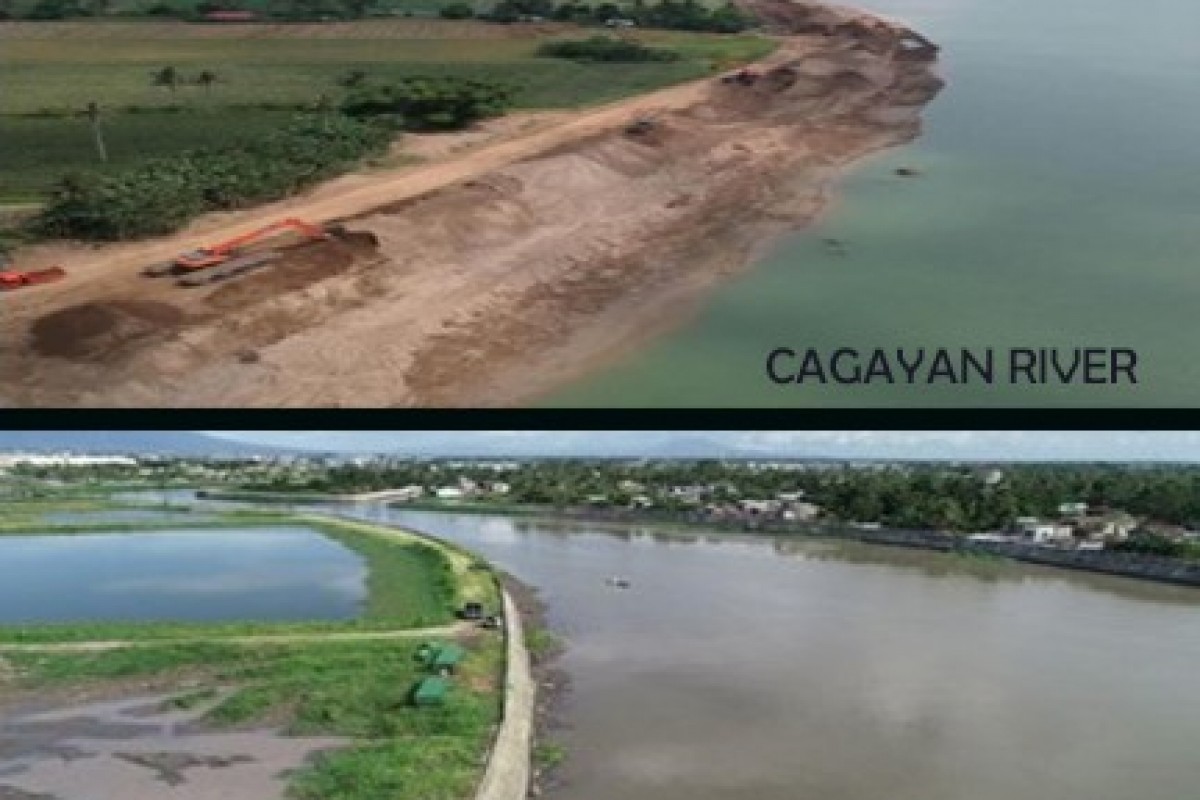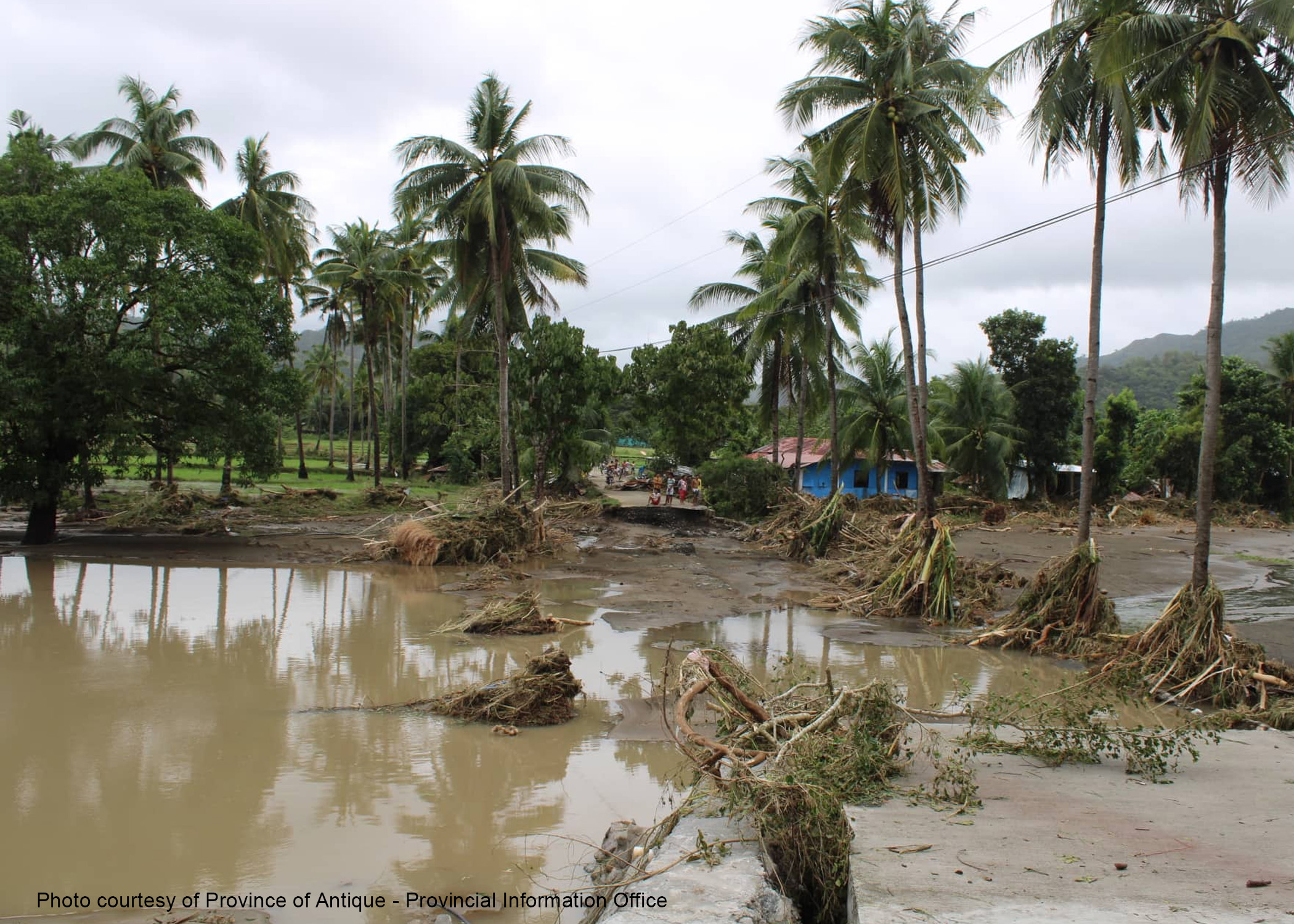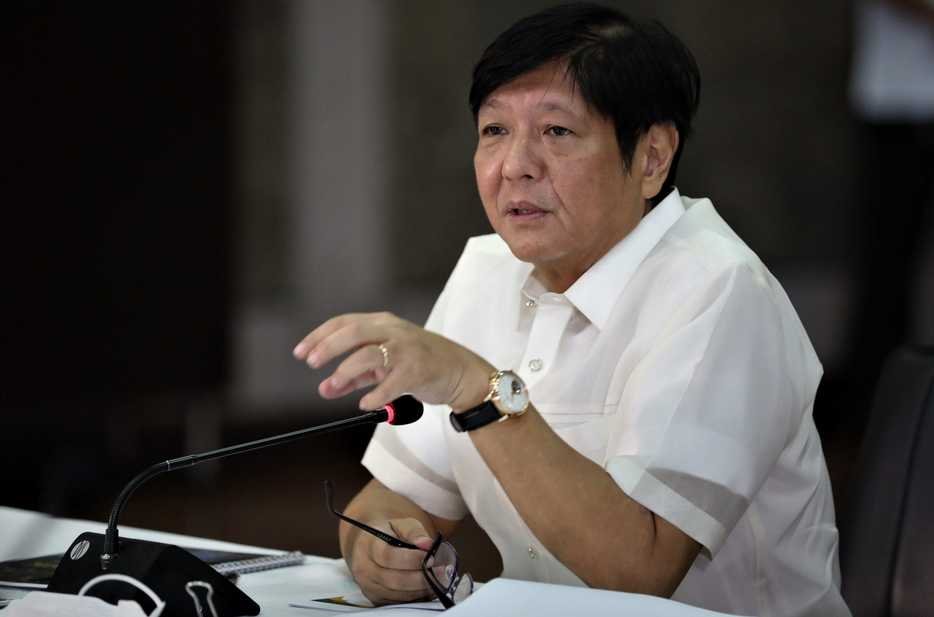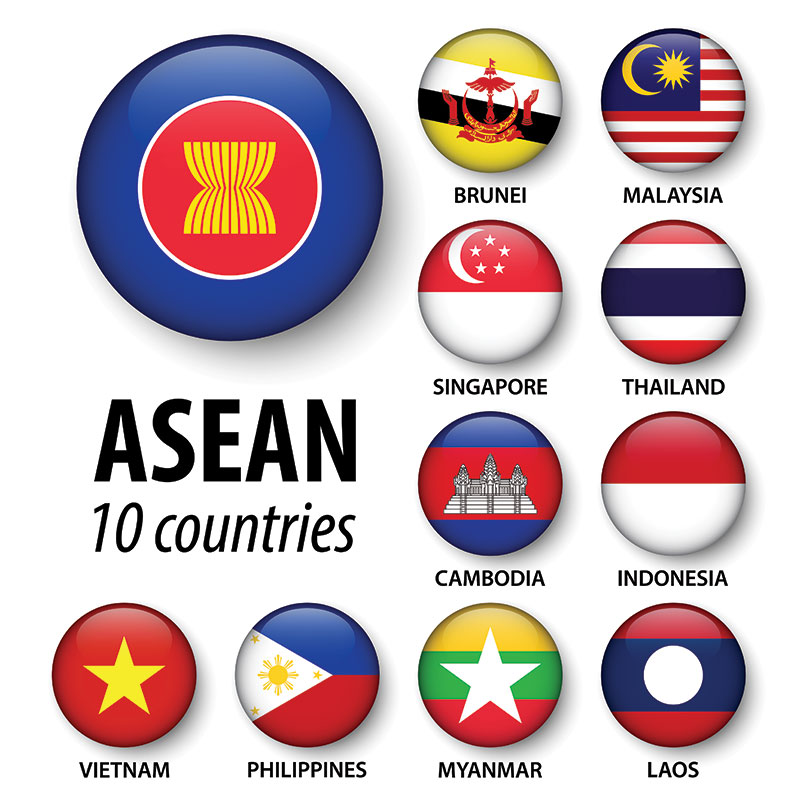QUEZON CITY -- The Task Force Build Back Better (TFBBB), led by the Department of Environment and Natural Resources (DENR), is shifting its efforts from the current disaster response and recovery to disaster prevention and building climate resiliency in the country’s most vulnerable provinces.
During the 35th TFBBB meeting held last October 10, the DENR presented a new policy direction that would give focus on disaster prevention and climate-resiliency capacity building in provinces identified as most vulnerable to the impacts of climate change.
These provinces include Masbate, Sorsogon, Catanduanes, Apayao, Kalinga, Mountain Province, Ifugao, Negros Oriental, Western Samar, Eastern Samar, Northern Samar, Southern Leyte, Siquijor, Sarangani, Surigao del Norte, Surigao del Sur, Dinagat Islands, Zamboanga del Norte, Bukidnon, North Cotabato, Sultan Kudarat, Maguindanao, Sulu, and Lanao del Sur.
“One aspect of the gains that the task force can look into is on how we can shift our mode from response and recovery to putting in place governance frameworks that will prevent climate-related disasters and climate resiliency in these identified provinces,” said DENR Undersecretary for Finance, Information Systems, and Climate Change Analiza Rebuelta-Teh, who also serves as the TFBBB Secretariat Head.
The explained that the direction was pursuant to the blueprint of action set out by DENR Secretary Maria Antonia Yulo Loyzaga, which focuses on strengthening climate risk capacities through improved coherence and implementation of climate-resiliency and adaptive programs under the whole-of-society approach.
Also discussed in the meeting was the harmonization of TFBBB’s role in relation to the functions of the National Disaster Risk Reduction and Management Council (NDRRMC) as the lead implementor of Republic Act 10121, or Philippine Disaster Risk Reduction and Management Act of 2010, through the Office of Civil Defense (OCD) of the Department of National Defense.
The likewise emphasized that the TFBBB will take part in the drafting of the 2023-2028 Philippine Development Plan, specifically Chapter 17 (Accelerate Climate Action, and Strengthen Disaster Resilience) of the document which will lay out specific actions on climate and disaster resiliency.
“The DENR is in charge of Chapter 17. We will interface with the OCD in the development of this chapter so that we can craft more specific and concrete plans, rather than motherhood and generic directions,” Teh added.

TFBBB was created by virtue of Executive Order 120 issued on November 18, 2020 by then President Rodrigo Roa Duterte to expedite and lead the preparation, implementation, and monitoring of post-disaster rehabilitation and recovery programs for typhoon-ravaged areas.
So far, TFBBB’s focus areas include the Cagayan River Basin, Marikina River Basin and the Bicol River Basin that were damaged by Typhoons Rolly and Ulysses in 2020, as well as Regions 6, 7, 8, 10, Caraga and MIMAROPA that were ravaged by Typhoon Odette in 2021.
TFBBB oversaw the widening of the Cagayan River to address floodings in the province, clearing a total of 515,441 cubic meters from a big sandbar in Magapit Narrows, exceeding its target of 344,304.51 cubic meters. Another 142,220.7 cubic meters were dredged from a huge sandbar constricting the river in Barangay Dummun in Gattaran town.
Some 119,340 bamboo planting materials through TFBBB’s initiatives were planted covering 585 hectares along the stretch of Cagayan River to stabilize its riverbanks.
Marikina River chokepoints consisting of 67,425 cubic meters were likewise removed, resulting in the river’s improved water flow at 3 meters per second (mps) from 2.3 mps before the dredging operations in February 2021. Its current flow rate is now close to its ideal flow rate of 4 mps. (DENR)





